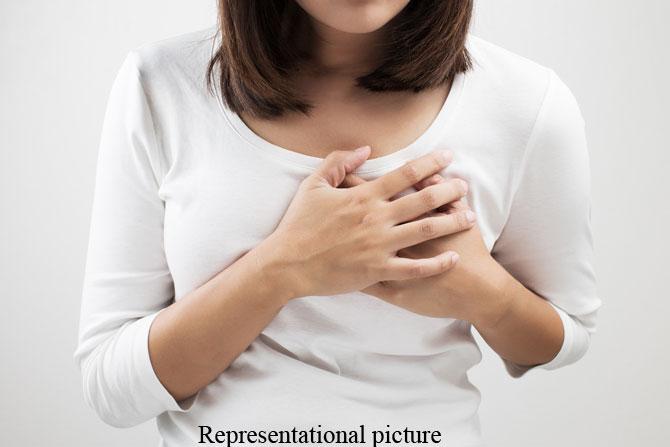In 2015 another study published shows that if you compare the coldest month of the year to warmest month of year there is 31% increase in heart attacks in coldest months

According to one study, there is about 2% increase in the risk of getting heart attacks for every 1.8 degrees Fahrenheit decrease in temperature. In 2015 another study published shows that if you compare the coldest month of the year to warmest month of the year there is 31% increase in heart attacks in coldest months. During winters, the fall in temperature causes the arteries to become constricted. As this forces the heart to put added pressure to pump blood, the stress can lead to a heart attack. Those unaware of pre-existing heart conditions are prone to heart diseases in this season.
ADVERTISEMENT

Dr Bipeenchandra Bhamre, Consultant Cardiac Surgeon said those who indulge in physical stress during winters are prone to heart problems; if their bodies aren't conditioned to the temperature yet they spend hours outside in the cold weather especially sports enthusiasts can suffer from accidental hypothermia. "This is the stage when the body loses heat faster than it can produce heat causing a dangerously low body temperature; this can prove fatal. Those who are high risk for heart problems, like those who are more than 60 years with hypertension, diabetes, high cholesterol, smokers or tobacco chewers, winter enthusiasts can face chest pain. Some of the studies published in 2013 also depict an increased risk of TIA transient ischemic attack or frank stroke during the winter season," he added.
Not all are aware of blocked arteries and hence it is essential to get a checkup at regular intervals. Those beyond the age of 50 years must refrain from exhaustion during winters. It would be preferable for the elderly to avoid stepping out when the weather is too chilly.
How to stay healthy during winters
>> Excess consumption of alcohol during this season can cause irregular heartbeats that lead to palpitations, dizziness or chest pain
>> Wear layered clothes to keep yourself warm
>> Avoid overexertion in winters
>> Ensure your heart is healthy do all the necessary health check-ups
 Subscribe today by clicking the link and stay updated with the latest news!" Click here!
Subscribe today by clicking the link and stay updated with the latest news!" Click here!







